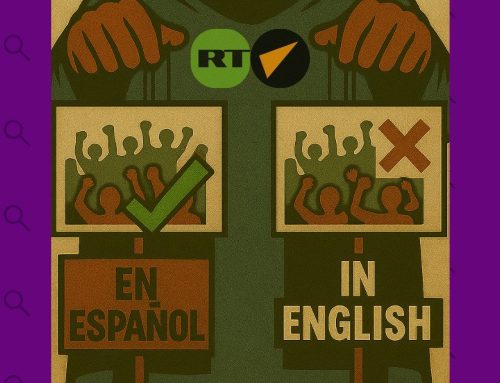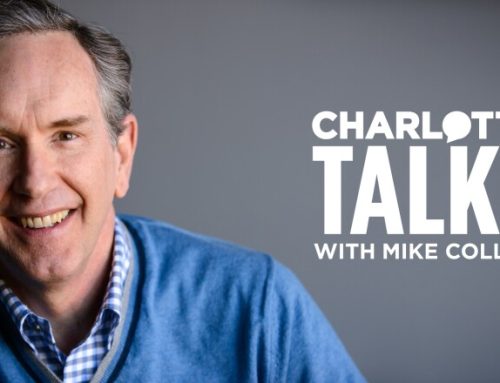If Biden is serious about fighting corruption, he needs to regulate 10 key white-collar professions.
The FBI has long viewed obscure private investment funds as dangerous financial pathways for malevolent foreign activities. Nearly a decade ago, the bureau caught Moscow trying to use venture capital funds in Boston and Silicon Valley to steal U.S. military secrets. Last year, a leaked FBI intelligence bulletin warned about cryptocurrency scammers, drug cartels, and Russian organized crime increasingly using loosely regulated investment vehicles for crime and corruption in the United States. The same FBI leak also pointed to the threat of foreign governments using investment funds for political influence operations. Russia and the United Arab Emirates allegedly tried to influence the Trump administration’s foreign policies through investment fund managers who were friends with then-President Donald Trump and his family, including by dangling lucrative deals before them.
Private investment companies such as hedge funds and private equity firms are only one sector among 10 types of white-collar professions whose loose rules pose grave dangers to U.S. national security, as I’ve detailed in a new research report. Others are real estate title insurers, company formation agents, art dealers, lawyers, accountants, covert public relations firms, real estate agents, luxury car sellers, and cryptocurrency businesses. Highly nontransparent and insufficiently regulated, these financial professions have a long record of being used by hostile regimes and their cronies to weaponize corruption, launder funds, or skirt sanctions. For U.S. President Joe Biden to advance the anti-corruption agenda he has announced, he needs to ensure that the U.S. Treasury Department makes these professional enablers watch out for dirty money in the same way commercial banks are already required to do.




